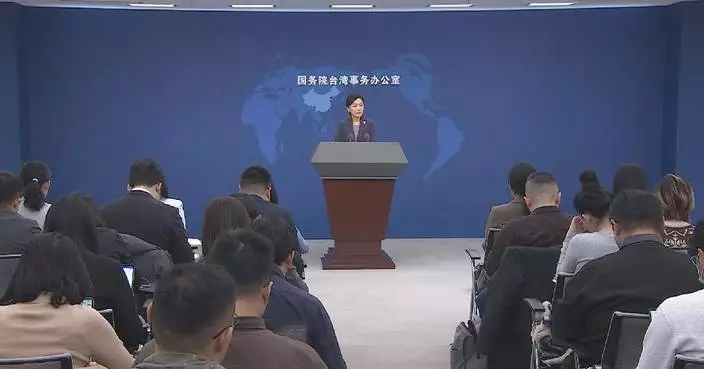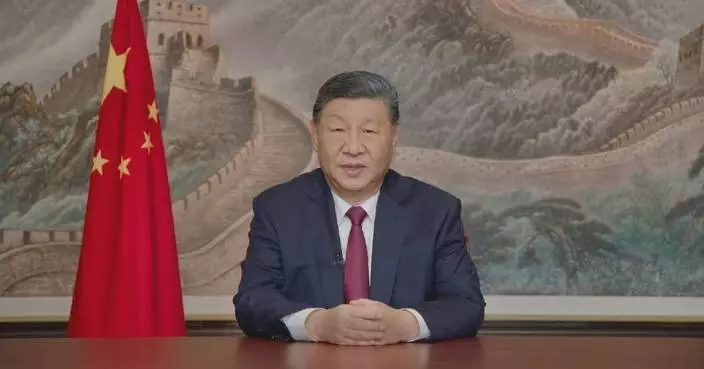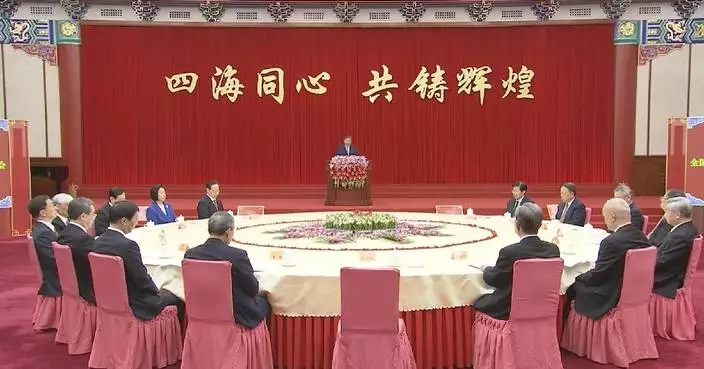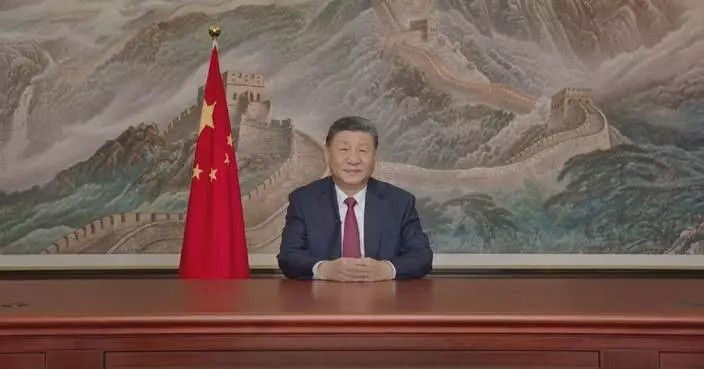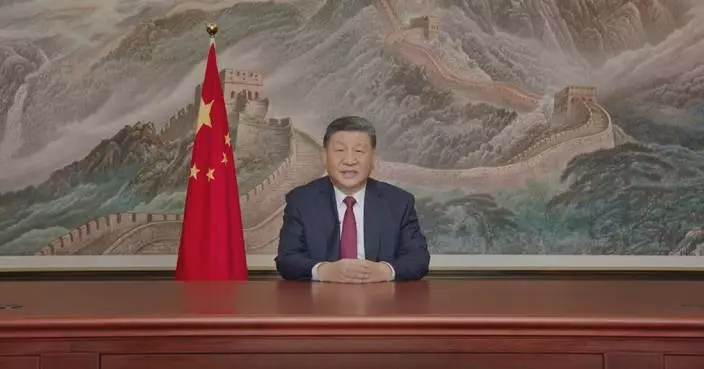A new microbial strain discovered on China's Tiangong space station has demonstrated remarkable adaptability to the extreme conditions of space, making it a standout discovery aboard the China space station.
The discovery marks the first time that a previously unknown species has been reported from China's orbiting space laboratory.
Described in a peer-reviewed paper in the academic journal International Journal of Systematic and Evolutionary Microbiology, the strain, officially named Niallia tiangongensis, has evolved specialized survival strategies uniquely suited for the space environment.
Its ability to regulate the biosynthesis of bacillithiol allows it to effectively combat oxidative stress, maintaining cellular redox balance and steady growth even under extreme conditions. Additionally, its unique biofilm-forming capacity and radiation damage repair mechanisms further underscore its ability to adapt to the space environment.
Chinese astronauts stationed at China's space station regularly carry out microbial sampling of air, surfaces, and water dispenser outlets to monitor the space station's environmental health.
According to the China Manned Space Agency, China's space station is currently conducting research in the field of space microbial corrosion. A scientific experiment device developed by the research team to study microbe-material interactions has already been used in multiple rounds of experiments. These include tests on how aspergillus niger (black mold) affects various materials such as polyurethane-coated circuit boards, bare copper boards, and heat-shrink tubing, helping to deepen understanding of microbial corrosion in space environment.
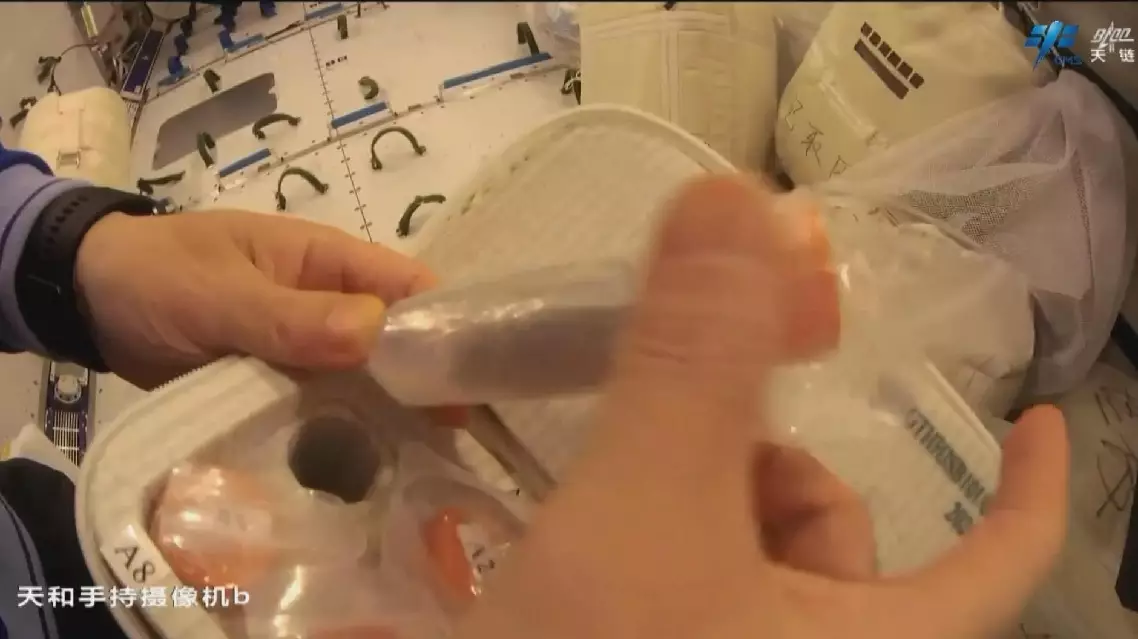
Newly discovered microbial species shows exceptional adaptability to space environment





